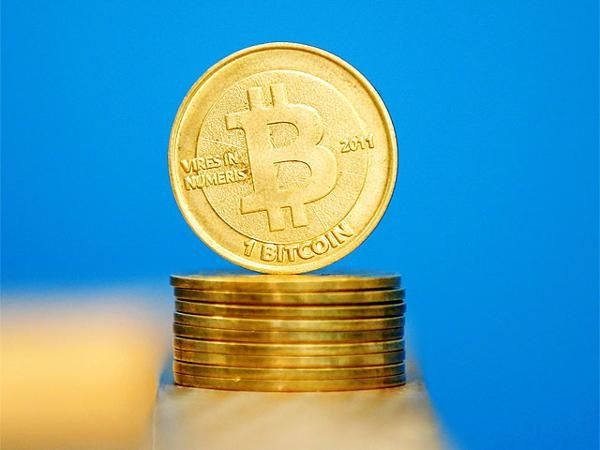Bitcoin is a digital store of value and payment system invented by Satoshi Nakamoto, who published the invention in 2008 and released it as open-source software in 2009. The system is peer-to-peer; users can transact directly without needing an intermediary. Transactions are verified by network nodes and recorded in a public distributed ledger called the block chain.The ledger uses its own unit of account, also called bitcoin. The system works without a central repository or single administrator, which has led the US Treasury to categorize it as a decentralized Bitcoin is often called the first although prior systems existed. Bitcoin is more correctly described as the first decentralized digital currency. It is the largest of its kind in terms of total market value.
Transactions are verified by network nodes and recorded in a public distributed ledger called the block chain.The ledger uses its own unit of account, also called bitcoin. The system works without a central repository or single administrator, which has led the US Treasury to categorize it as a decentralized Bitcoin is often called the first although prior systems existed. Bitcoin is more correctly described as the first decentralized digital currency. It is the largest of its kind in terms of total market value.
Bitcoins are created as a reward for payment processing work in which users offer their computing power to verify and record payments into a public ledger. This activity is called mining and the miners are rewarded with transaction fees and newly created bitcoins. Besides mining, bitcoins can be obtained in exchange for different currencies, products, and services. Users can send and receive bitcoins for an optional transaction fee.
Bitcoin as a form of payment for products and services has grown, and merchants have an incentive to accept it because fees are lower than the 2–3% typically imposed by credit card processors. Unlike credit cards, any fees are paid by the purchaser, not the vendor. The and other sources have warned that bitcoin users are not protected by refund rights or Despite a big increase in the number of merchants accepting bitcoin, the cryptocurrency doesn’t have much momentum in retail transactions.



